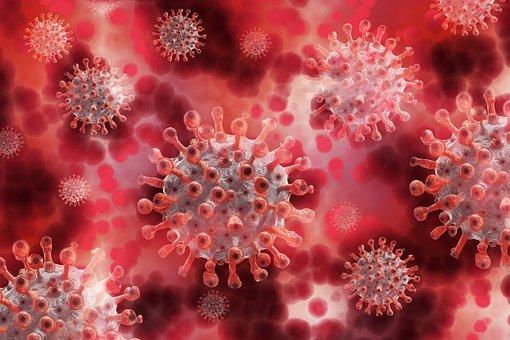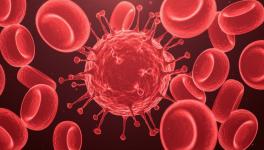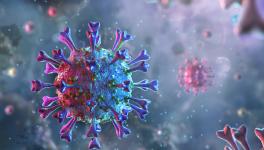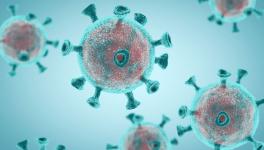COVID-19: Auto-Antibodies Driving Disease Severity

The world has moved ahead along with the pandemic and a year has passed. Still, we have several questions that remain poorly answered. Some of such prominent questions include why some people get a severe attack by the disease while some do not show any symptoms at all? Why lung damages in some cases continue even after the infection is cleared off? Why do some people have ‘long COVID’—a multi-organ illness that can last for months?
Several researches have brought out one fact that might be a reasonably strong point in answering such questions. The findings show that an over-reactive immune response elicited by the body eventually causes more harm to the body than eliminating the virus. Also, in some cases, the immune system mistakenly turns against the body--the condition known as autoimmune diseases.
The immune system activates its numerous components whenever it senses a foreign pathogen (like a virus, bacteria, fungi that can cause illness) inside the body in order to clear the pathogen.
Earlier in the pandemic, numerous researches pointed to a phenomenon where the immune system overreacted in response to SARS-CoV-2, the virus that causes COVID-19. Known as ‘cytokine storm’, certain proteins of the immune system, called the cytokines, increase to a dangerous level damaging the body’s own cells. The cytokines are proteins that are activated in response to an infection. These proteins’ primary task is to send signals to other parts of the immune system and activate them.
Apart from the cytokine storm, scientists are increasingly highlighting another aspect of the immune system that causes more harm to the body itself than the pathogen and it is the auto-antibodies.
Antibodies are also proteins that function by binding themselves to a particular pathogen to destroy it. But the auto-antibodies do the opposite work--they mistakenly target the body’s own tissues and organs in place of a pathogen. They can also target elements of the immune system.
These auto-antibodies are thought to produce targeted and long-term damages. However, there remains several theories how auto-antibodies may emerge in infections. Two possibilities are there, first is that some people may be predisposed to the production of auto-antibodies that can turn to be more dangerous during an infection, and the second is that infections themselves can trigger the production of auto-antibodies.
Regarding COVID-19, the first report of auto-antibodies harming the body’s defense against the virus was published in September by a group led by Jean Laurent Casanova of the Rockfeller University, Unites States. They reported that auto-antibodies blocked and attacked type 1 interferon molecules, the proteins that bolsters the immune response against a pathogen. They also found that those people who had auto-antibodies blocking the interferon proteins also had the auto-antibodies before COVID-19 infection. This opens up the possibility that some people might be genetically predisposed in their production. Casanova’s group is now screening some 40,000 people to look at how many people have predisposed auto-antibodies.
The first evidence of auto-antibodies attacking interferon, the body’s defense molecules, that can lead to disease severity in infectious diseases was published way back in 1984.
Other research groups also have findings that support Casanova’s connection. A group consisting Aaron Ring, Akiko Iwasaki and others of Yale School of Medicine screened patients and hospital workers having varying severity for auto-antibodies. They found that there are more auto-antibodies against the immune system in infected people than in uninfected ones. Their study went online in December 2020.
Another study published in November found a more concerning issue about auto-antibodies. It found that auto-antibodies can turn against even phospholipids, a type of molecule that is prevalent in cells. Some of the phospholipids have an important role in blood clotting. Destroying these can go awry in case of COVID-19.
Again, one study published online this month in a pre-print server reported about finding auto-antibodies that might be elicited by COVID-19. They also reported to have found auto-antibodies that attack some key proteins in cellular functions. This study was led by David Lee, who is an emergency medicine doctor at New York University.
According to Lee, the auto-antibodies could also explain prolong damages even after the infection is cleared out. Lee and others believe that if the auto-antibodies are produced in response to COVID-19, it will take couple of weeks to build up. In that case, the auto-antibodies would start their attacks on body’s own tissues and molecules after several days of the onset of infection. This, they believe can lead to tissue damages like lung damage to persist for much longer even after the infection is cleared.
Get the latest reports & analysis with people's perspective on Protests, movements & deep analytical videos, discussions of the current affairs in your Telegram app. Subscribe to NewsClick's Telegram channel & get Real-Time updates on stories, as they get published on our website.

















